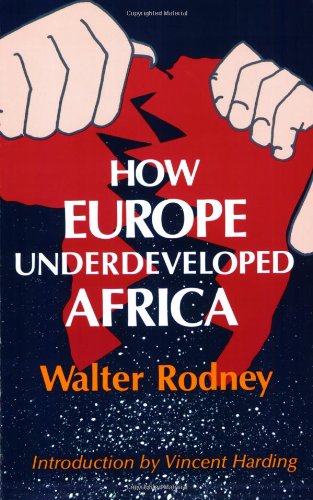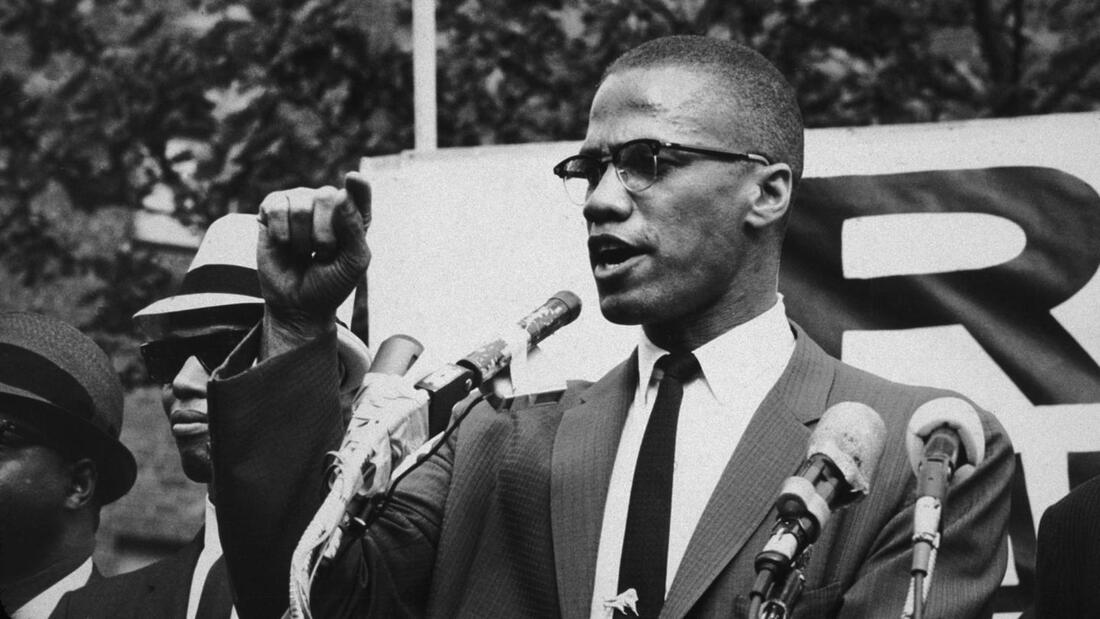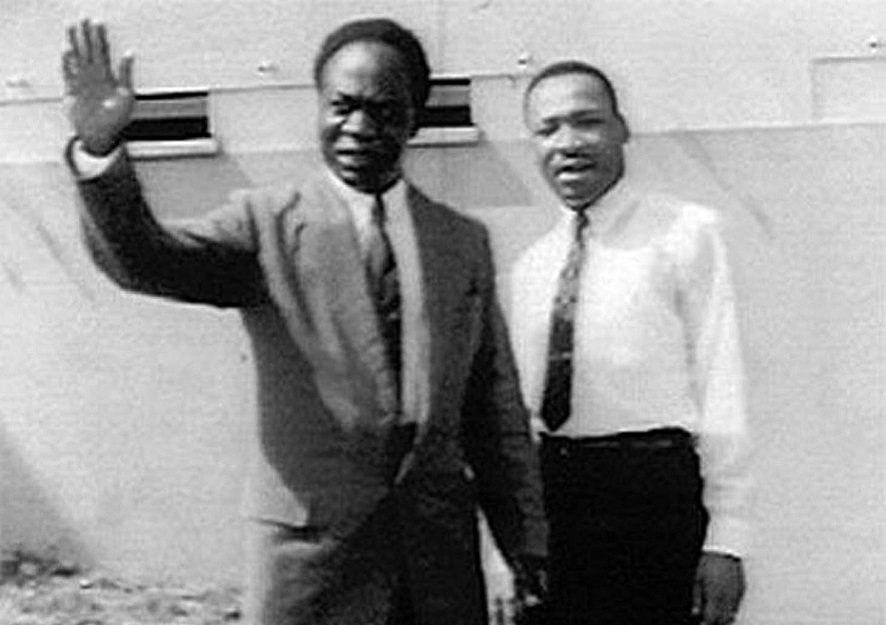
 Currently, we have a revolutionary book drive designed to get people to send revolutionary literature like Walter Rodney's book to our sister Pan-African party in Zimbabwe, but most people who claim to support African self-determination would never consider supporting such a project. To them, our independence stops at the point of what doesn't center them and/or feed into their fantasies for how progress is made despite the realities that directly contradict their vision Over the last few years, especially since the rise of the Black Lives Matter Movement throughout the U.S. Europe, Central, South America, the Caribbean, and even Africa, it has become common place in community spaces to hear people from all backgrounds say things like “listen to POC (people of color, or we say colonized people)” or “respect POC” or “respect African (Black) women”, etc. Unfortunately, in this bourgeoisie dominated world – meaning anything that doesn’t have a specific and tested commitment to the masses of people in humanity is automatically going to represent the interests of the ruling capitalist classes – these phrases, beyond their catchiness, have no concrete basis from which to evaluate how those objectives being yelled out are actually accomplished.
1 Comment
In the capitalist heartland known as the United States, there are many experiences you regularly encounter which, were they not so brutally oppressive and traumatic, would serve as the perfect comic fodder for any story telling environment. Certainly, at the top of this list is the periodic circuses titled elections that occur in this country. This is especially true when the president, the highest office in the country, is voted upon.
Friday, February 21, 2020, was the 55th commemoration of the brutal assassination of El Hajj Malik Shabazz; better known as Malcolm X. The recent Netflix released docu-series facilitated by Abdul Rahman Muhammad has generated new buzz around Malcolm’s assassination, including talk coming from the New York state (U.S.) District Attorney’s office about reopening the case.
 Malcolm X and Kwame Nkrumah in Harlem, NY, in 1960. Nkrumah's revolutionary Pan-African government was overthrown within a year and three days of Malcolm's assassination, but these revisionist scholars and their supporters, would have you believe all of this, and much more, is unrelated and a coincidence Netflix recently released the above titled docu-series. The six episode series details the efforts by an African named Abdul Rahman Muhammad to fulfill his ambition of finding out who was behind the February 21, 1965 assassination of El Hajj Malik Shabazz – Malcolm X. Although the series does its best to suggest that no one has ever had the determination to match Muhammad’s focus on getting to the bottom of this crime, the reality is that plenty of people have explored this question before Muhammad’s docu-series. There have been a number of books that have been written on this topic. George Brietman released “The Assassination of Malcolm X” in 1967. I first read this book in 1979. In 1992, Karl Evanzz released “The Judas Factor; The Plot to Kill Malcolm X.” There are many, many others. And most of them, most notably Brietman and Evanzz’s works, go much deeper with much more critical analysis than Muhammad’s docu-series.
The latest high visibility drama within the African community within the U.S. is the issue of news anchor Gail King interviewing and asking former basketball player Lisa Leslie about Kobe Bryant’s 2003 rape allegation in Denver, Colorado, U.S. Bryant, of course, was killed along with his daughter and seven other people in a January 26, 2020, helicopter crash.
There are more than a fair share of people who will be offended by the title of this piece. The reason is the general default position is that its immoral to say anything less than 100% favorable about Dr. Martin Luther King Jr. This is of course an entirely subjective argument that even Dr. King’s own political approach would demonstrate he wouldn’t have agreed with. Besides, much of the negative reactions that would occur result from the fact most of us don’t have a clear understanding of what mobilizing work and organizing work is, and how they differ.
|
Archives
March 2023
Categories |





 RSS Feed
RSS Feed
